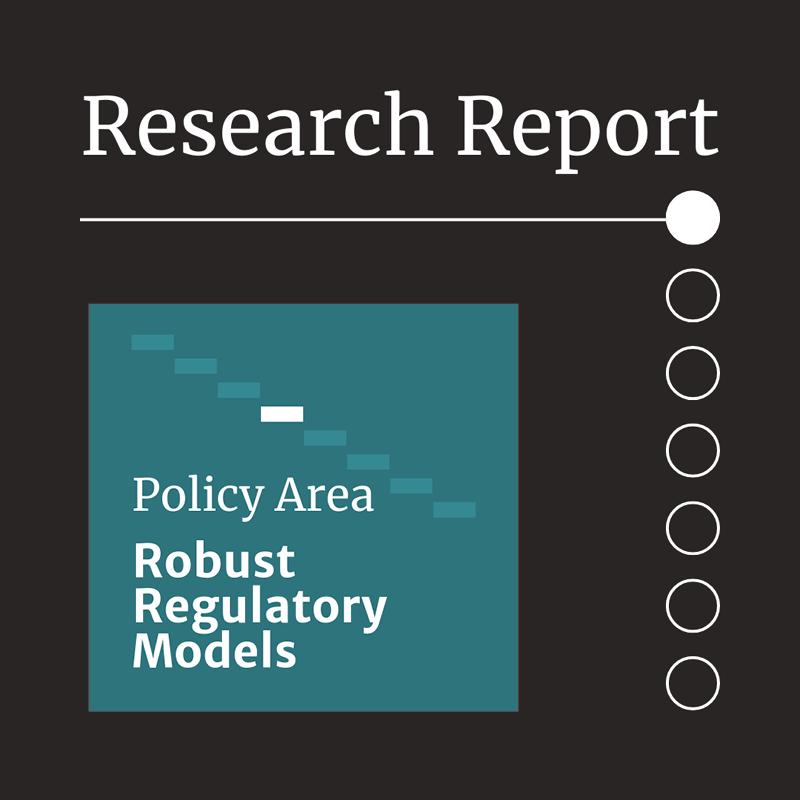How outdated approaches to regulation harm children and young people and why Australia urgently needs to pivot

Australia should be the safest place in the world to go online, but it is not. Australia’s reliance on self- and co-regulation has played a big part in this failure. ‘Co-regulation’ allows industry to write their own rules and guidelines — self-regulation in all but name — and has consistently failed Australians.
This is a live policy debate. Co-regulatory frameworks are currently being developed for children’s online safety and could see Australia continue to fail children online. This report documents that:
- Co-regulation does not meet community expectations, and the public overwhelmingly wants regulation drafted by regulators or legislators. A poll of adults found that only 21% trusted the social media industry to write their own codes, and the majority said they would prefer if independent regulators drafted any safety and privacy codes. Likewise, only 14% of teenagers polled said they trusted social media companies to ‘write the rules’.
- Co-regulation demonstrably leads to weaker protections. Exploring the draft online safety codes written by industry for Australia to similar codes written by regulators elsewhere in the world, it becomes apparent that co-regulation offers weaker protection. We document three examples:
- Young people’s accounts must be set to “maximum privacy” up until the age of 18 according to regulator drafted Codes, but only up until the age of 16 according to the proposed industry drafted Codes for Australia. This leaves Australian 16 & 17 year olds less protected
- Children’s precise location data could still be collected in Australia according to the proposed industry-drafted Code, creating real safety and privacy risks. Regulator-drafted Codes elsewhere in the world prevent the collection of unnecessary children’s location data
- Child sexual abuse reporting requirements could be higher in the industry-drafted Code than legislator drafted protections in the UK.
- Co-regulation is inappropriate given the level of risk technology creates, and the behaviour of dominant Big Tech firms. Technology creates significant risks for the Australian community, including public health risks, and there is a track record of ‘undermining’ emerging regulations among the tech sector.
It recommends that the reliance on co-regulation for the technology sector be replaced by the introduction of proper, regulator-drafted regulation.